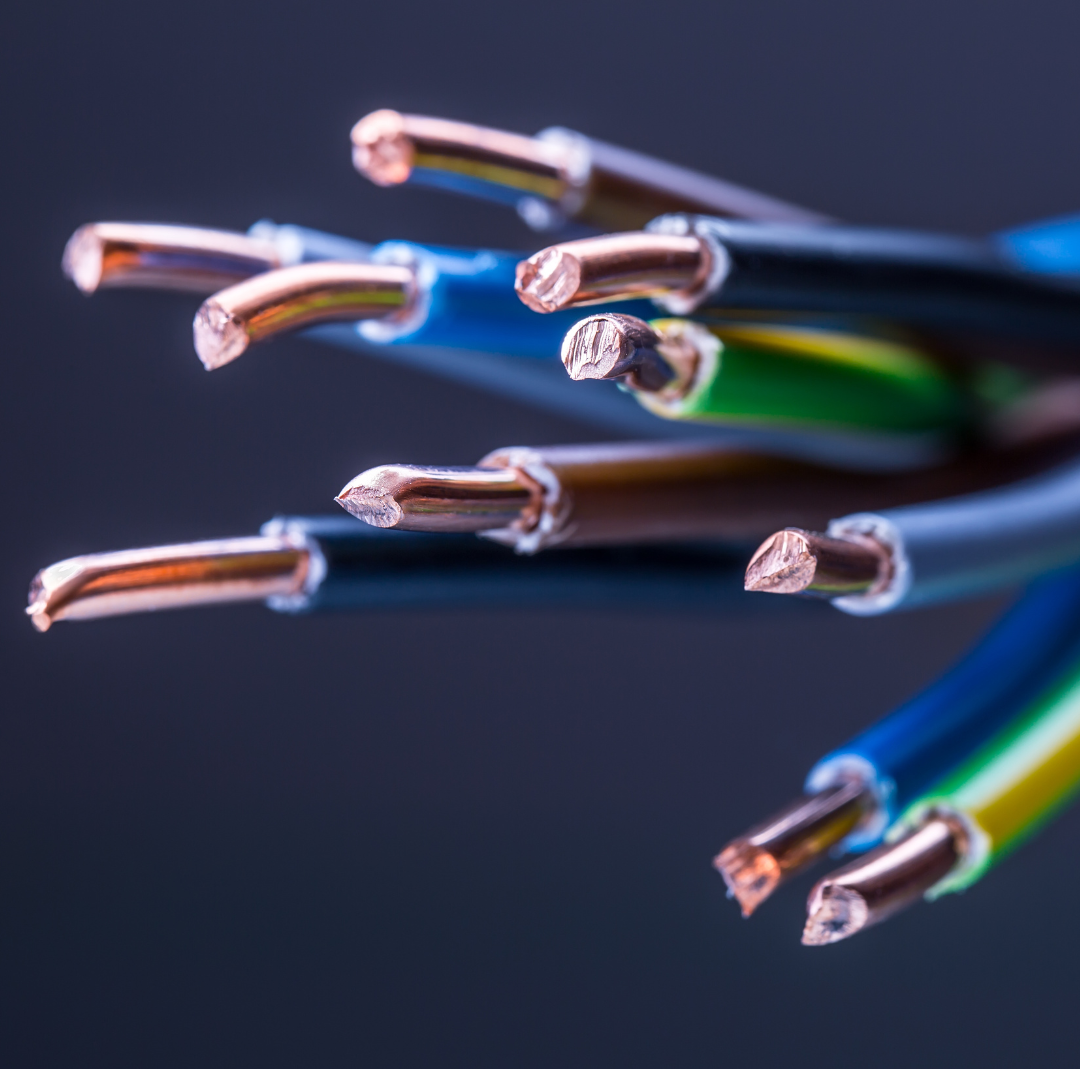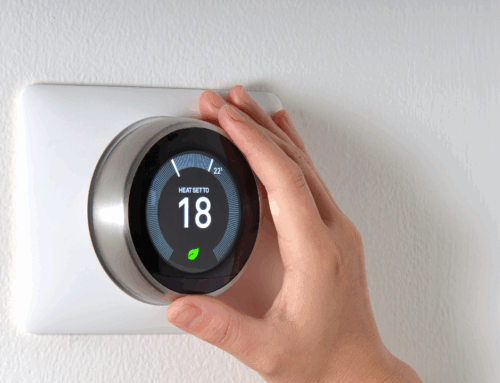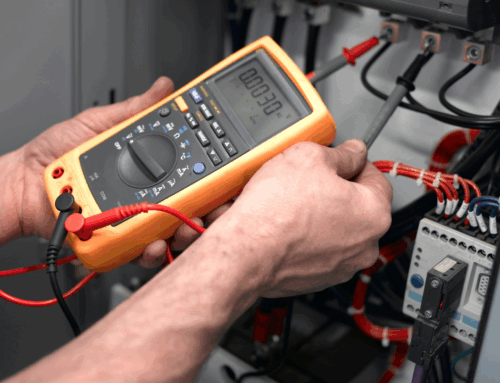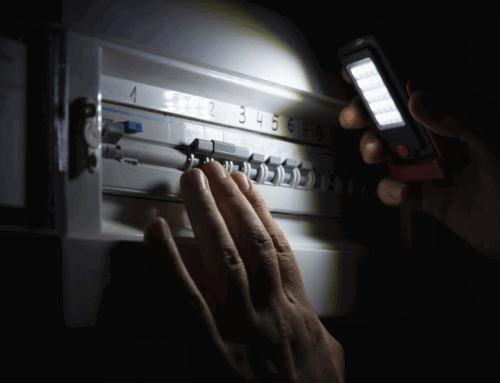A reliable and efficient electrical system is crucial for any business. Over time, even the most robust systems can become outdated, inefficient, or unsafe, posing risks to operations and safety. Upgrading your electrical system is an investment that can prevent costly downtime, ensure compliance with safety regulations, and support the energy demands of modern equipment. But how do you know when it’s time to take action? Here are some key signs to look out for.
Frequent Power Outages or Tripped Breakers
If your business experiences frequent power outages or tripped breakers, it’s often a sign that the electrical system is struggling to keep up with the demands being placed on it. Modern businesses rely on numerous electronic devices, and older systems may not be equipped to handle the load. Upgrading can provide the capacity needed to maintain consistent power.
Outdated Wiring
Older wiring can pose significant safety risks, including the possibility of electrical fires. Signs of outdated wiring include frayed cables, discoloured outlets, or a persistent burning smell. If your property’s wiring hasn’t been inspected in years, it’s worth consulting a professional to determine whether an upgrade is necessary.
Increased Energy Bills
An inefficient electrical system can result in higher energy bills. Older systems may waste power due to outdated components or insufficient capacity. Upgrading to modern energy-efficient systems can reduce energy consumption and lower costs, making it a smart investment for the long term.
Inadequate Power Supply
As businesses grow, so do their power needs. If you’ve recently added new equipment, expanded operations, or installed high-powered machinery, your current system may struggle to cope. Signs of insufficient power supply include flickering lights, slow performance of equipment, or outlets that regularly fail. Upgrading ensures your system can meet current and future demands.
Non-Compliance with Current Regulations
Electrical safety regulations evolve over time to ensure the safety of businesses and employees. If your system hasn’t been inspected recently, it may no longer comply with the latest standards. Non-compliance not only poses safety risks but can also result in fines or legal action. An upgrade ensures your business remains compliant and provides peace of mind.
Dependence on Extension Cords
While extension cords offer a temporary solution, relying on them for permanent use is unsafe and inefficient. If your business is consistently short of outlets or has a web of extension cords throughout the premises, it’s a clear indication that your system needs upgrading to provide more accessible power points.
Frequent Maintenance and Repairs
If you find yourself calling an electrician more often than usual to address faults or breakdowns, it might be time to consider a complete upgrade. Constant repairs are not only costly but also disruptive to business operations. A modernised system will save time and money in the long run.
Planning for the Future
Even if your current system seems functional, planning for future needs is essential. Technology evolves rapidly, and businesses often adopt new tools and systems to stay competitive. Ensuring your electrical infrastructure can accommodate these advancements will save you from unexpected disruptions later.
How to Proceed with an Upgrade
If you’ve identified one or more of these signs, it’s time to take action. Start by scheduling a professional electrical inspection to assess your current system’s condition. A qualified electrician can identify weak points, recommend suitable upgrades, and ensure the work complies with all regulations.
Upgrading your business’s electrical system might seem like a significant undertaking, but it’s an investment in safety, efficiency, and productivity. By addressing issues early, you can avoid costly repairs, reduce energy consumption, and provide a safer environment for employees and customers alike. Don’t wait until a problem arises—take proactive steps to keep your business running smoothly.







Leave A Comment